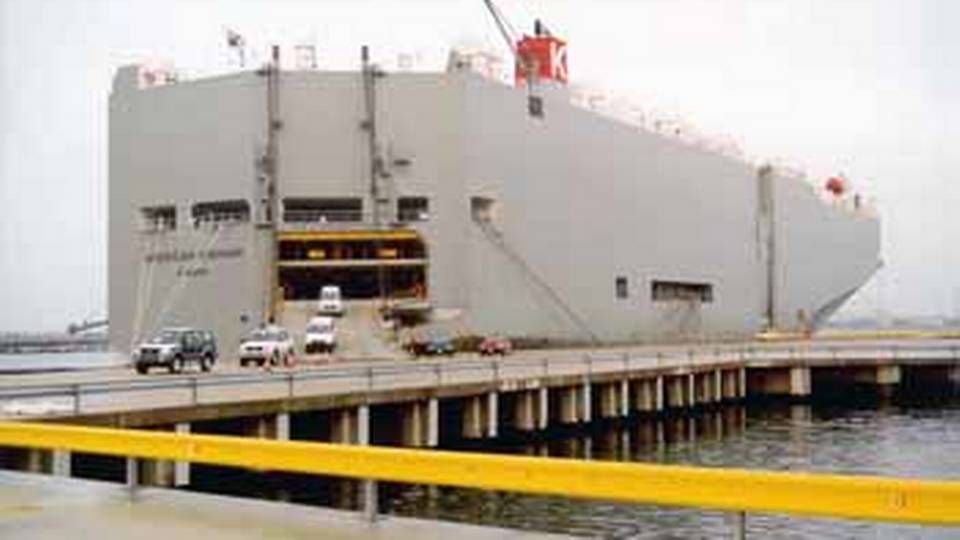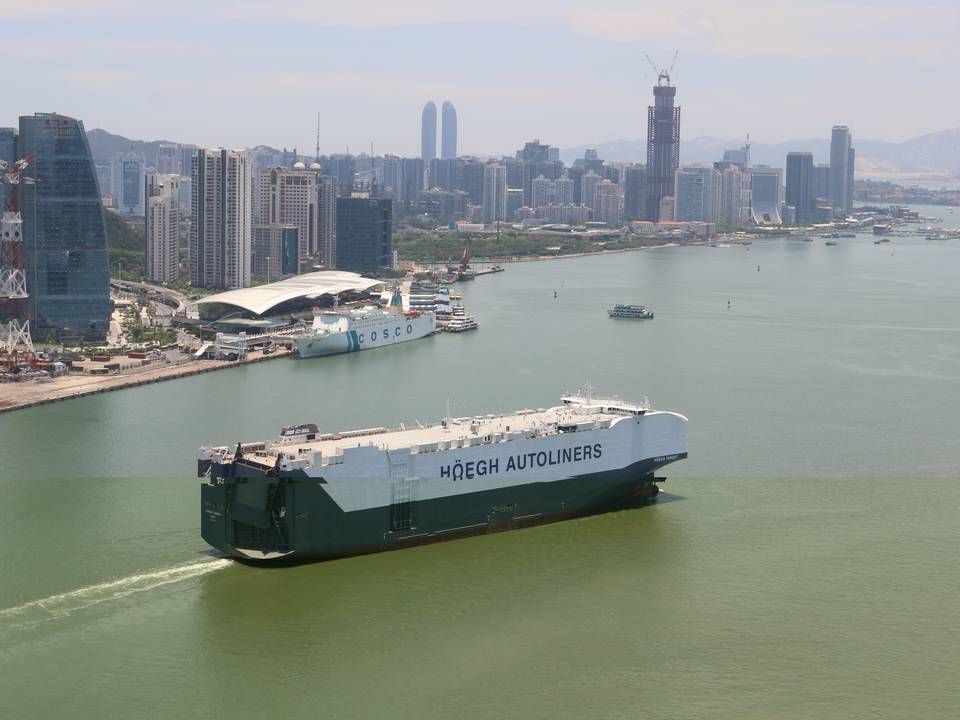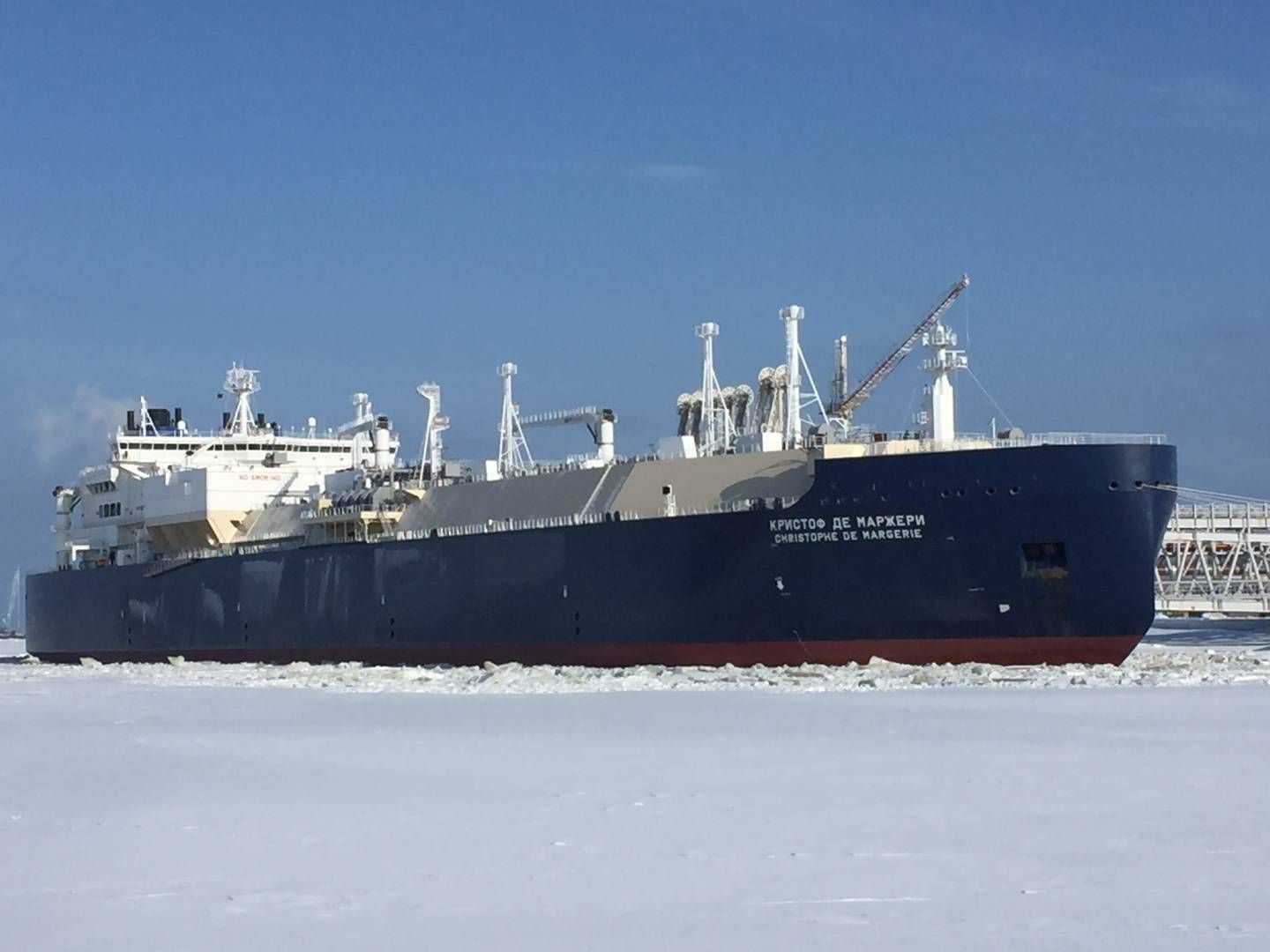The US demands shipping exec extradited in cartel case

If a shipping company is convicted in, for instance, a cartel case in the US, then the employees covered by the verdict can not rest safely beyond US borders. According to law firm Kromann Reumert, US authorities are increasingly demanding senior employees extradited if they are involved in, for example, a cartel case.
"In recent years, US competition authorities have increasingly been demanding extradition of senior executives in companies convicted of illegal cartel activities in the US, for prosecution. Through a similar Interpol arrest order, the US in 2014 was able to have Italian citizen Romano Pisciotti extradited. He was personally charged in 2010 for his involvement in the so-called 'Marine Hose' cartel. Pisciotti was arrested in Germany when he made stopover on his way to Italy from a business trip to Nigeria," writes the law firm in its latest newsletter.
And now another shipping executive could be extradited to the US in relation to the large-scale cartel case from 2016 in which a series of shipping companies admitted to having divided the market between them.
Major shipping companies such as WWL, NYK Line, K Line, CSAV and partially Maersk-owned Höegh Autoliners pleaded guilty to having distributed routes and customers among themselves when sailing with cars and trucks. They were fined a total of USD 255 million by US regulators.
Most of the employees targeted by the US authorities have likely made a run for it.
Easier to extradite in cartel cases
"In connection with the confessions, the US Department of Justice indicted a total of 11 leading personnel from the involved shipping companies for complicity in illegal cartel activities. Four of these 11 persons were subsequently found guilty and sentenced to prison in the US. The remaining seven have, according the US authorities, been fugitives since 2016. One of these seven has now been arrested in Europe based on a US arrest order via Interpol, a so-called "Red Notice", writes Kromann Reumert.
The person subject to US extrication is a European citizen and is presently located in Europe, where the extradition request is being processed. But Kromann Reumert evaluates that precisely the Pisciotti case has made it easier to conduct an extradition, or as the law firm writes:
"In light of the ruling on the Romano Pisciotti case from earlier this year, the law stipulates that the EU court must not prevent the extradition from taking place, but that it is rather only a question of to what extent legislation from the person's home state allows for doing so."
Pisciotti was sentenced to 24 months in prison by a US court. He was a part of the executive management of Parker ITR, which was a part of the global Marine Hose cartel. It existed for more than 21 years and concerned itself with coordinating offers and prices as well as distribution of markets.
According to Kromann Reumert, the US Sherman Act prohibits cartel activities and sets the sentencing frame at up to ten years in prison.
English Edit: Daniel Frank Christensen & Daniel Logan Berg-Munch
Related articles
Höegh Autoliners settles in US cartel case
For subscribers
BMW to file damage claim against carriers in cartel case
For subscribers



















